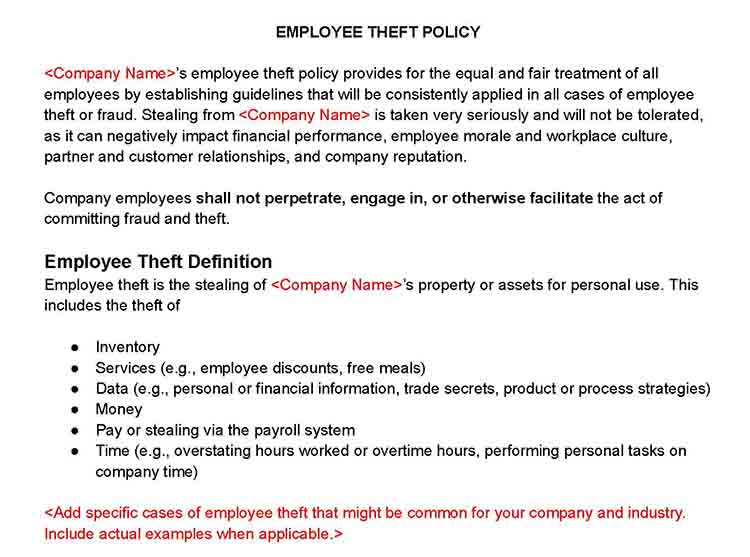What to do when your staff steal from your business – Page 2 of 2 – StartupSmart
Should you investigate the matter or rely on the police?
In any case, if an employee is stealing from you, regardless of whether or not they are charged with a criminal offence by the police, the employer should undertake his or her own investigation to determine what action, if any, it will take as a result.
This should include:
- interviewing witnesses, which could include other employees, customers and suppliers;
- reviewing surveillance or company records;
- obtaining information from the police (if possible);
- interviewing the accused employee;
- any other action that may be appropriate in the circumstances.
It is important that you as the employer do not prejudge the matter and make up your mind prior to completing an investigation.
In particular, you must put the allegations to the employee and give the employee an opportunity to respond to those allegations. It is also important that you undertake a proper investigation of the matter so that if it leads to the termination of the employee’s employment, you can successfully defend any proceedings that may be commenced by the employee as a result. Only make a decision after you have investigated the matter and on the basis of solid evidence.
Your investigation should be undertaken regardless of the progress or outcome of any police investigation of the matter. Generally, an employer will be able to conduct and finalise its investigation much faster than any police investigation of the matter.
It therefore does not ultimately matter if the employee is acquitted of any criminal charges as the steps taken by you as employer may be reasonable in the circumstances.
How do I prevent stealing?
There are a number of things you can do to minimise the risk of your employees stealing from you:
- undertake pre-employment background and reference checks;
- introduce company policies and clearly communicate those to employees so they understand what is expected of them and what is prohibited;
- act consistently. Treat all employees in the same way, don’t play favourites;
- audit high-risk areas of your business (i.e. check up on your employees);
- make people take holidays and have someone else perform their role while they are away.
By Lachlan McKnight, CEO of LegalVision. LegalVision provides online legal services, including fixed-fee online lawyers and customised legal documents.

